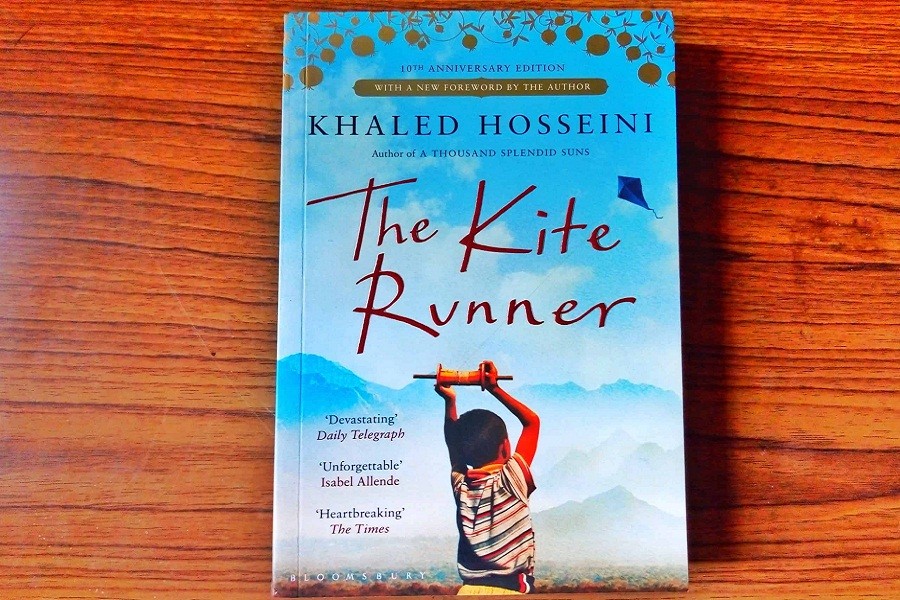Is there any human being who is absolutely good or absolutely evil? Probably not. Rather, there are some grey areas between good and evil, black and white, light and darkness, and these are the areas to which most people belong.
Despite being in the grey area, it is the humane deeds, the humanity of mankind which makes them real humans. And, ‘The Kite Runner’ is a tale of humans and humanity.
The Kite Runner was first published in 2003. Being written by Khaled Hosseini, the book became a bestseller immediately after its publication.
The book is narrated by its central character Amir himself. Through the story of two Afghan boys Amir and Hassan and their childhood, the book starts its journey.
Hassan, being a Hazara (mainly Shi'a, who are treated as a lower class), acts as Amir’s friend cum helping-hand, because Amir is a Pashtun.
However, for some reason, Amir’s Baba loves Hassan more than he should. So, Amir becomes envious of Hassan, and things start to deteriorate which changes both of their lives forever.
The storyline then follows Hassan’s rape, expelling Hassan on charges of theft, Russia's attack against Afghanistan, Amir and his father’s running away from Afghanistan to America, Amir’s wedding, his return to Afghanistan and rescuing Hassan’s son, Sohrab, and the book ends with Amir adopting Sohrab.
Now, coming to the point, the two central characters of the book denote the two identical terms - human and humanity. Here, Amir is the representative of humans. On the other hand, Hassan is a representation of humanity. Well, in defence of this conception, breaking into the two characters is important.
Firstly, there comes Amir, the main protagonist of the book. As said previously, in his childhood, Amir used to envy Hassan, and that was because of Amir’s father’s attention towards Hassan. Being jealous is a basic characteristic of every human being, and that is pretty normal, making Amir a ‘Human’.
Amir encounters Hassan being raped and becomes confused that whether or not he should stand for Hassan at that time, so he flees away.
That is poor thinking, also inhumane as well. But, soon after that, he feels remorse, so much that he becomes an insomniac. The more he meets Hassan, the more his guilt grows. It leads to Hassan and his father’s eviction from the house with the false allegation that he is a thief.
Well, Amir does this to be free from his guilt, but this step amplifies it. He keeps repenting for almost 20 years after that, even after emigrating to the US, until he comes back to rescue Sohrab from (coincidentally) the rapist of Hassan, Sohrab’s father. Hassan even risks his life to save Sohrab and succeeds. And that, at last, omits the guilt inside him.
Now, this is relatable to every human being’s life. One becomes jealous, does wrong deeds, and repents and atones for his/her deeds.
In contrast, Hassan’s character represents humanity, more than other human qualities. Though Amir was jealous of him, Hassan never envied Amir, and always saved his back. The only significant achievement of Amir in his entire childhood became possible because of Hassan.
Hassan never blamed Amir for not saving him from that rape. He did not even oppose him when Amir threw false allegations at him.
The Kite Runner is such a book that every reader can relate to. Readers can find their selves in Amir, and the essence of the purest heart in Hassan. The book is a joyful read for its portrayal of what we call, ‘Humans.’


